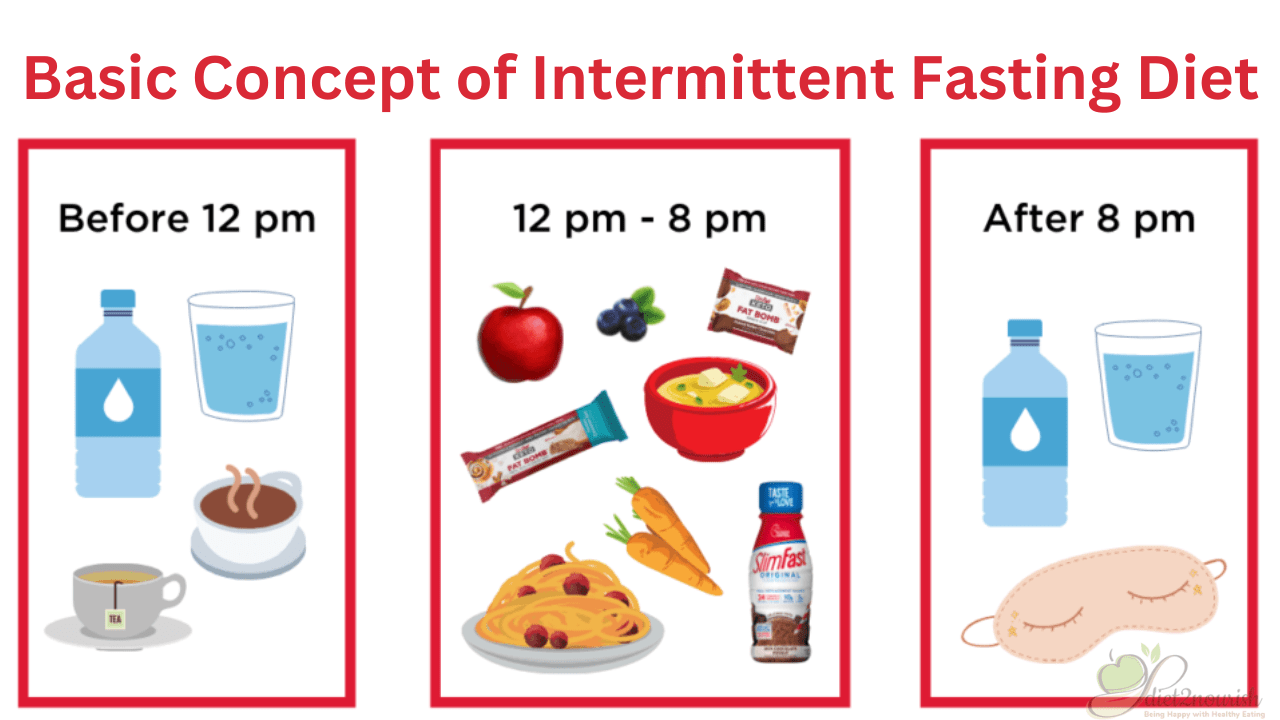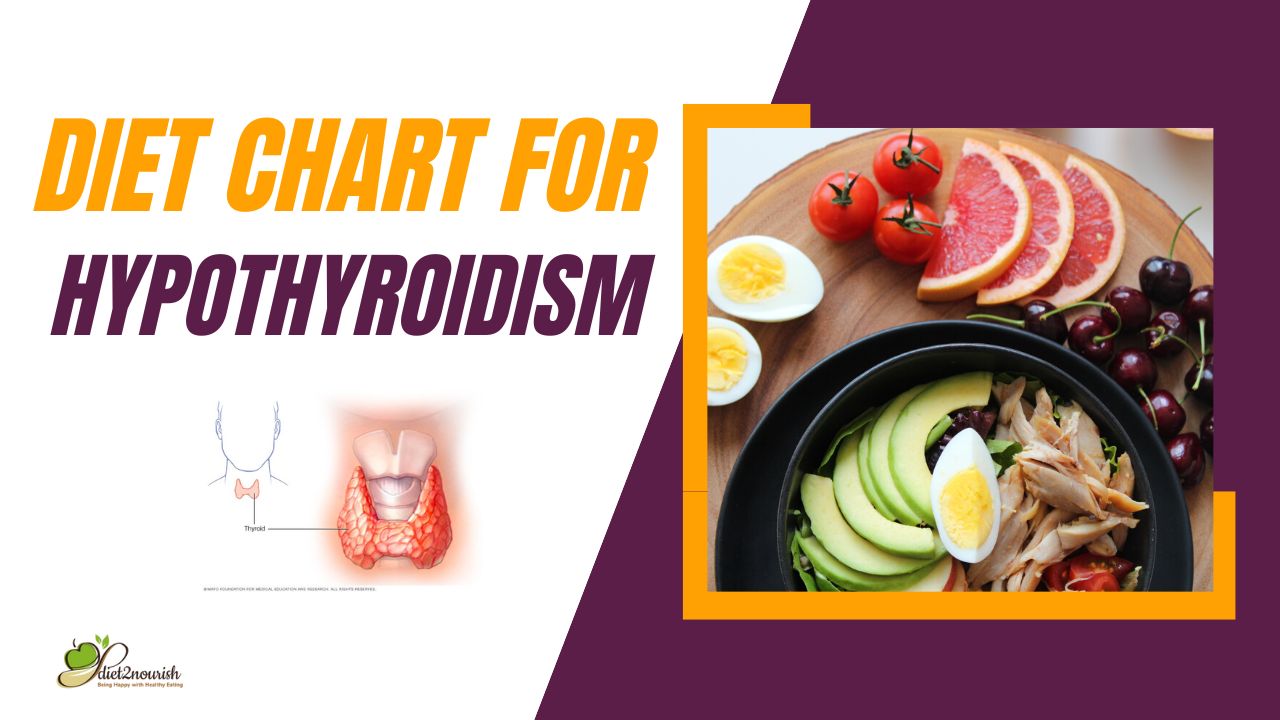dietnourish's blog
Intermittent fasting (IF) has emerged as a popular and scientifically-backed dietary approach that focuses on when you eat rather than what you eat. This method has gained widespread attention for its potential to promote weight loss, improve metabolic health, and offer a range of other health benefits.
Understanding Intermittent Fasting:
intermittent fasting diet is not a traditional diet but rather an eating pattern that alternates between periods of eating and fasting. It revolves around the idea of restricting the hours during which you consume calories, prompting your body to tap into stored fat for energy during fasting periods.
Common Methods of Intermittent Fasting:
16/8 Method: This is one of the most popular IF methods. It involves fasting for 16 hours each day and limiting your eating to an 8-hour window. For example, you might eat between 12:00 PM and 8:00 PM and fast from 8:00 PM to 12:00 PM the following day.
5:2 Diet: In this approach, you eat your regular diet for five days of the week and significantly reduce calorie intake (around 500-600 calories) on the other two non-consecutive days.
Eat-Stop-Eat: With this method, you fast for a full 24 hours once or twice a week, typically from dinner one day to dinner the next day.
Alternate-Day Fasting: As the name suggests, you alternate between days of fasting and days of regular eating.
The Warrior Diet: This diet plan involves fasting for 20 hours and eating within a 4-hour window in the evening.
Potential Health Benefits of intermittent fasting diet
Weight Loss: By reducing calorie intake and promoting fat utilization during fasting periods, IF can lead to weight loss when practiced consistently.
Improved Metabolic Health: IF may help improve insulin sensitivity, lower blood sugar levels, and reduce the risk of type 2 diabetes.
Conclusion:
Intermittent fasting is a flexible and evidence-based approach to eating that offers numerous potential health benefits. While it's not a one-size-fits-all solution, it can be adapted to various lifestyles and preferences. Remember that it's essential to prioritize nutrient-rich foods and stay hydrated while practicing intermittent fasting. Consulting with a healthcare professional can help you determine if this approach aligns with your health goals and individual needs. With dedication and mindfulness, intermittent fasting can become a sustainable dietary strategy that contributes to better overall health and well-being.

A hypothyroidism diet is a diet that is designed to help people with hypothyroidism manage their symptoms and improve their overall health. Hypothyroidism is a condition in which the thyroid gland does not produce enough thyroid hormone. Thyroid hormone is essential for many bodily functions, including metabolism, growth, and development.
People with hypothyroidism often experience symptoms such as fatigue, weight gain, constipation, dry skin, and hair loss. A hypothyroidism diet can help to improve these symptoms by providing the body with the nutrients it needs to function properly.
What to eat on a hypothyroidism diet
The following foods are recommended for people with hypothyroidism:
- Fruits and vegetables: Fruits and vegetables are low in calories and fat, and high in fiber and nutrients. They are also a good source of antioxidants, which can help to protect the body from damage.
- Whole grains: Whole grains are a good source of fiber and complex carbohydrates. They can help to regulate blood sugar levels and improve cholesterol levels.
- Lean protein sources: Lean protein sources, such as chicken, fish, beans, and lentils, are low in saturated fat and calories. They are also a good source of iron and other nutrients.
- Healthy fats: Healthy fats, such as those found in olive oil, avocados, and nuts, can help to improve heart health and reduce inflammation.
- Iodine: Iodine is an essential mineral that is necessary for the thyroid gland to produce thyroid hormone. Good sources of iodine include seafood, iodized salt, and dairy products.
Foods to avoid on a hypothyroidism diet
The following foods are not recommended for people with hypothyroidism:
- Processed foods: Processed foods are often high in saturated and trans fats, sugar, and salt. These foods can worsen symptoms of hypothyroidism and increase the risk of other health problems.
- Refined grains: Refined grains are low in fiber and nutrients. They can also cause blood sugar levels to spike and then crash, which can worsen fatigue and other symptoms of hypothyroidism.
- Sugary drinks: Sugary drinks can increase blood sugar levels and contribute to weight gain. They can also worsen symptoms of hypothyroidism.
- Excessive alcohol consumption: Alcohol can interfere with the absorption of thyroid hormone. It is important to limit alcohol consumption to moderate levels if you have hypothyroidism.
Sample hypothyroidism diet plan
Here is a sample hypothyroidism diet plan:
Breakfast
- Oatmeal with berries and nuts
- Yogurt with fruit and granola
- Whole-wheat toast with avocado and eggs
Lunch
- Salad with grilled chicken or fish, vegetables, and olive oil dressing
- Lentil soup with whole-wheat bread
- Sandwich on whole-wheat bread with lean protein, vegetables, and hummus
Dinner
- Salmon with roasted vegetables
- Quinoa bowl with tofu, vegetables, and tahini dressing
- Lentil tacos with brown rice and vegetables
Snacks
- Fruits and vegetables
- Nuts and seeds
- Yogurt
This is just a sample diet plan, and you can adjust it to fit your own preferences and dietary needs. It is important to talk to your doctor or a registered dietitian to get personalized advice on how to create a hypothyroidism diet that is right for you.
Following a hypothyroidism diet can help to improve symptoms and overall health. By eating a balanced diet that includes plenty of fruits, vegetables, whole grains, lean protein, and healthy fats, people with hypothyroidism can manage their condition and live a healthy life.

